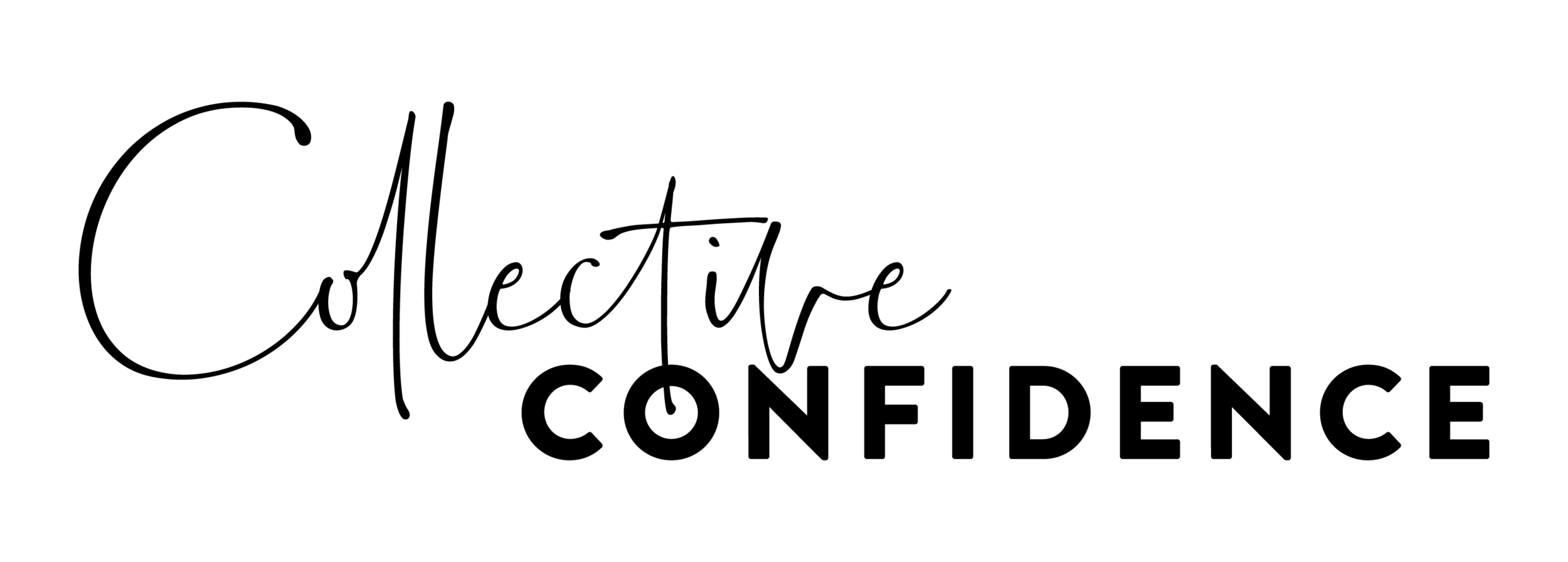The Paradoxical Balance of Expertise and Vulnerability
Ask my husband of 22 years and he will confirm my preference for certainty over ambiguity, clarity over mushiness. I wrestle with paradox. It’s fair to say my tendency has been to choose either/or over both/and. Much to his amazement, as I’ve gone deep into my own development journey, I’ve realized paradox is a platform for discovery and discernment. If we grant ourselves some grace to wrestle with the messiness, paradoxes can be quite liberating.
Let me illustrate.
Have you grown up believing knowledge is power? The more you knew, the farther you’d go. You built a career based on fact and data accumulation, becoming an expert and striving to know more than others. You worked to make yourself indispensable. You may have even constructed your personal brand around being the smartest person in the room. You ascended the ranks because of your knowledge. You built a business based on applying a standard playbook to every (or almost every!) situation. You knew the answer before the question was posed.
You achieved success. You also created a barrier between you and others. Yep, me, too.
As I’ve matured and traded individual expertise for collective wisdom, I’ve discovered that the ability to come to know is far more invigorating than already knowing. That being open to possibility is more exciting than being closed with definitiveness. Wait! How could that be when being the expert is the ultimate hero? How could saying, “I don’t know, but I’m all in for figuring it out together” show strength?
Coming to know calls on curiosity, openness and humility. It implies a willingness to be wrong. It’s safe to say that showing up this way requires a level of vulnerability many of us resist. Experts aren’t vulnerable, are they? Surely, this is an either/or question….
In her book, Braving the Wilderness, Brene Brown writes about practicing integration rather than living in a world of false binaries. She advocates for the integration of a strong back (grounded confidence and boundaries), a soft front (staying vulnerable and curious) and a wild heart (living out life’s paradoxes). For me, already knowing is a false binary. Coming to know is integration.
As leaders who look to positively impact others by fulfilling our purpose and living into our values, we must embrace coming to know. We need to relax the grip of expertise and embrace the open hand of vulnerability.
Lacking inspiration to start? Give these suggestions a try.
1. Believe someone else has already solved the problem.
The next time an issue arises, rather than quickly trying to solve it yourself, assume someone else already has. Believe in the quality of the people on your team and prioritize discovery over directing. Invest a defined amount of time in inquiry and investigation. If the team comes up short, that is the time to exercise your expertise.
2. Be open to changing your mind.
We all have blind spots. Based on our values and experiences we see the world through our customized glasses. Commit to entering your next 10 meetings with heightened awareness around you. Focus on being open to coming to understand someone else’s point of view rather than quickly communicating your own. Make it your goal to learn something new.
3. Give yourself permission to feel first, think second.
Hard as it may be for us thinkers to accept, we actually experience emotions, or feelings, before we have rational thoughts. For 30 days, consistently cultivate curiosity by checking in with your feelings, exploring them, and trusting that they are trying to tell you something. In a safe environment, begin to use language to responsibly describe your feelings before you’ve sorted them all out and put them into a neat package. Once you get the hang of it, try it where the risk/reward is even higher!

